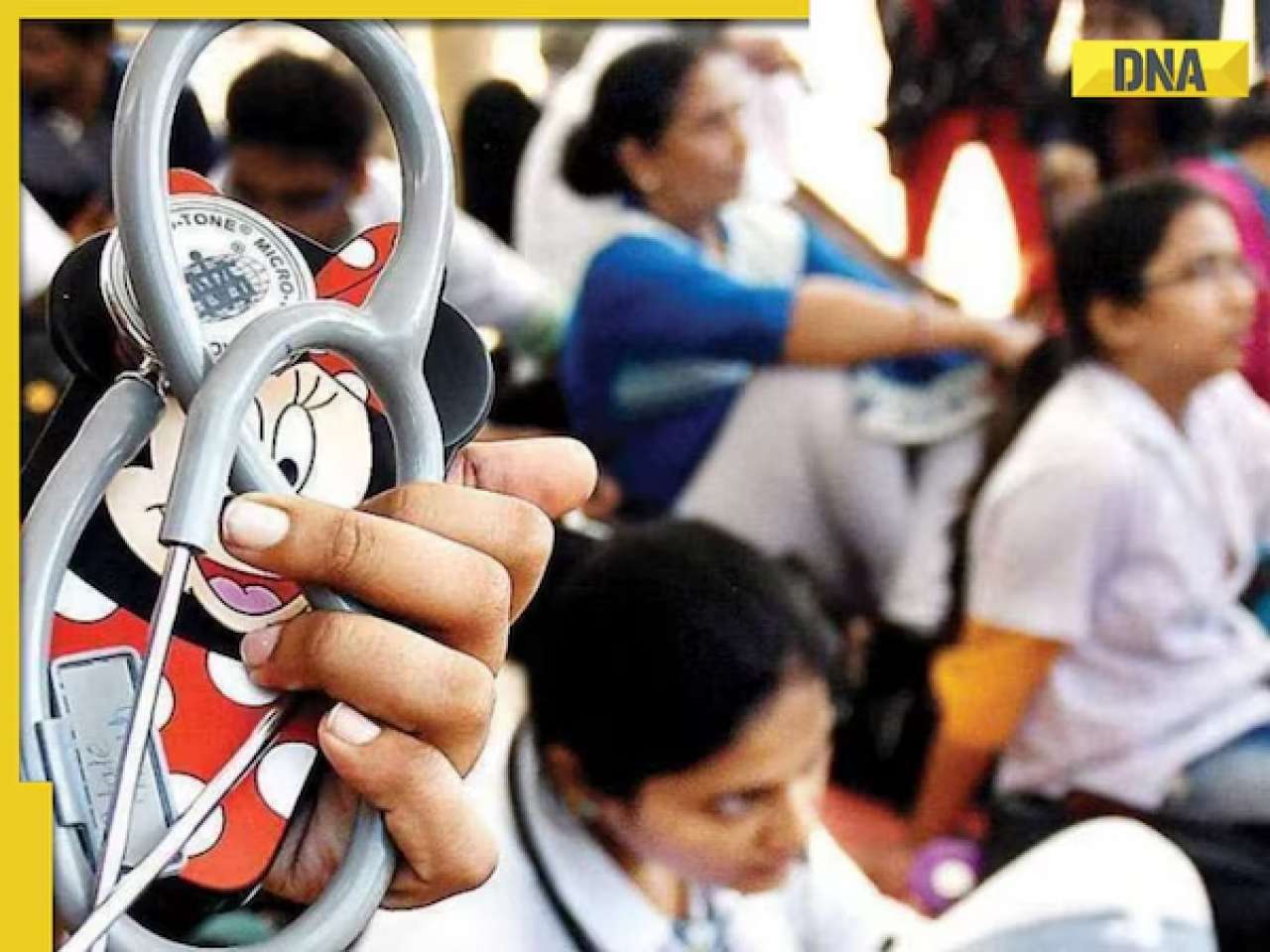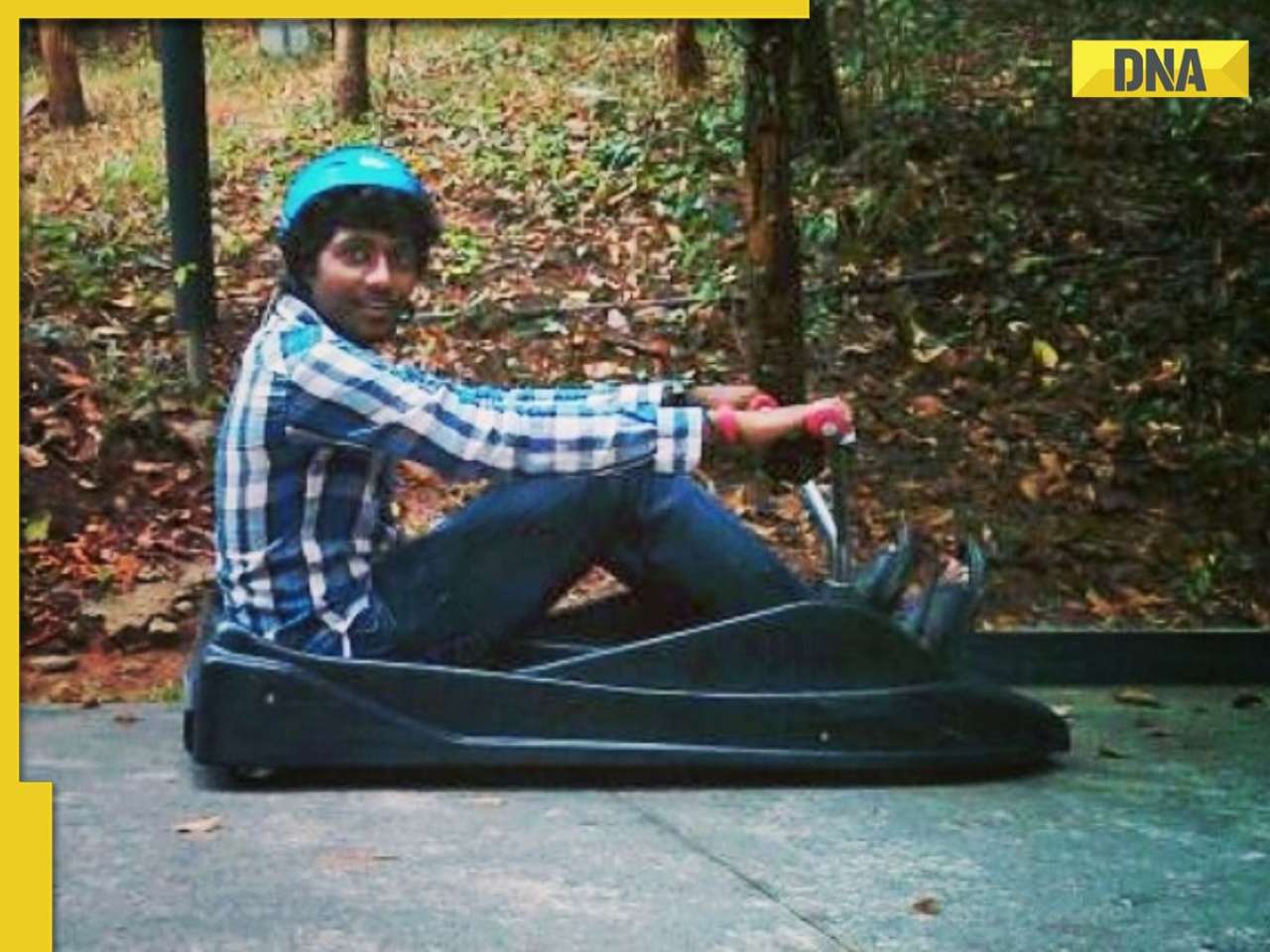It is important to understand what happens to your body after donating blood.
Most people are worried about donating blood as they feel it will lead to significant weakness and might cause problems to them. Hence, it is important to understand what happens to your body after donating blood.
Once a person is evaluated for blood donation and considered fit, around one pint of blood (around 450 ml) is removed from the donor’s body in a sitting. It is important to understand what happens inside the body after donating blood. Normally our body has around 4 to 5 litres of blood. Once the desired amount of blood is removed, there is an immediate decrease in blood volume which causes dizziness in some patients. Our body adjusts the blood volume loss by fluid shift and within a few minutes the desired volume is pushed inside the circulation. Adequate hydration is therefore an important thing to remember before and after blood donation.
The rest of components in blood are replaced within a few days inside the body. With the iron stores in the body, gradually haemoglobin is restored. A healthy person who is considered fit for blood donation usually has enough iron stores to replace the loss. Since overall haemoglobin levels are good in donors, most patients do not experience any symptoms related to slightly low haemoglobin.
The most common symptoms after the blood donation are light headedness and dizziness which occurs in around 2% of people. This usually happens within a few minutes of donation and that is why it is a common practice to have a bed rest of 15 minutes after blood donation. To avoid this, it is recommended to have adequate hydration before and after blood donation.
It is a general recommendation to avoid strenuous physical activities and heavy weightlifting for 24 hours after the blood donation. As per a study from the Netherlands, where around 3000 donors were followed up for one week after donating blood. The symptoms commonly encountered were lightheadedness, dizziness, fatigue, headache. On follow up, in most patients the symptoms lasted less than 24 hours after blood donation. In 1% of patients few mild symptoms lasted for around 3 days.
Based on this, after one day of blood donation, one can easily start workouts again. It’s recommended to start gradually as some people might have residual fatigue for two to three days. In our clinical experience, most patients resume their daily activities from the next day of blood transfusion including routine exercise and have no symptoms.
To summarise, one should not be worried about weakness or fatigue after blood donation. Every person is checked for fitness before donating blood including their haemoglobin levels.
The author is Consultant Physician & Diabetologist, MBBS, DNB – General Medicine, Fellowship -DM- RCP-UK, Jaslok Hospital & Research Centre, Mumbai.
(Disclaimer: The views expressed above are the author's own and do not reflect those of DNA.)
![submenu-img]() After his arrest in murder case, Darshan lands in more legal trouble; Kannada star will now be charged for...
After his arrest in murder case, Darshan lands in more legal trouble; Kannada star will now be charged for...![submenu-img]() DNA TV Show: Who is the mastermind of alleged NEET-UG paper leak?
DNA TV Show: Who is the mastermind of alleged NEET-UG paper leak?![submenu-img]() Meet man who gets Rs 12.50 crore salary, runs Rs 318000 crore company backed by Ratan Tata
Meet man who gets Rs 12.50 crore salary, runs Rs 318000 crore company backed by Ratan Tata![submenu-img]() Neeraj Chopra wins gold in javelin at Paavo Nurmi Games 2024 with throw of...
Neeraj Chopra wins gold in javelin at Paavo Nurmi Games 2024 with throw of...![submenu-img]() 'Modi ji won't be intimidated': Taiwan after China objects to ties with India
'Modi ji won't be intimidated': Taiwan after China objects to ties with India![submenu-img]() Meet man who cracked NEET-UG at 50 but there is a twist...
Meet man who cracked NEET-UG at 50 but there is a twist...![submenu-img]() Meet IIT-JEE topper, went to IIT Bombay with AIR 1, got job with Rs 70 lakh salary, left it to become a…
Meet IIT-JEE topper, went to IIT Bombay with AIR 1, got job with Rs 70 lakh salary, left it to become a…![submenu-img]() 'If there is 0.001% negligence on the part of anyone it...': SC issues notices to NTA, Centre over NEET-UG
'If there is 0.001% negligence on the part of anyone it...': SC issues notices to NTA, Centre over NEET-UG ![submenu-img]() Meet doctor who cracked UPSC exam, became IAS officer but resigned after seven years due to...
Meet doctor who cracked UPSC exam, became IAS officer but resigned after seven years due to...![submenu-img]() NEET-PG 2024 admit card to be released today; check steps to download
NEET-PG 2024 admit card to be released today; check steps to download ![submenu-img]() DNA Verified: Did Kangana Ranaut party with gangster Abu Salem? Actress reveals who's with her in viral photo
DNA Verified: Did Kangana Ranaut party with gangster Abu Salem? Actress reveals who's with her in viral photo![submenu-img]() DNA Verified: New Delhi Railway Station to be closed for 4 years? Know the truth here
DNA Verified: New Delhi Railway Station to be closed for 4 years? Know the truth here![submenu-img]() DNA Verified: Did RSS chief Mohan Bhagwat praise Congress during Lok Sabha Elections 2024? Know the truth here
DNA Verified: Did RSS chief Mohan Bhagwat praise Congress during Lok Sabha Elections 2024? Know the truth here![submenu-img]() DNA Verified: Is CAA an anti-Muslim law? Centre terms news report as 'misleading'
DNA Verified: Is CAA an anti-Muslim law? Centre terms news report as 'misleading'![submenu-img]() DNA Verified: Lok Sabha Elections 2024 to be held on April 19? Know truth behind viral message
DNA Verified: Lok Sabha Elections 2024 to be held on April 19? Know truth behind viral message![submenu-img]() Triptii Dimri sets the internet on fire in black bikini in beachside photos, fans say 'bhabhi bani baby'
Triptii Dimri sets the internet on fire in black bikini in beachside photos, fans say 'bhabhi bani baby'![submenu-img]() In pics: Ananya Panday dazzles in shimmery green mini dress, poses with Gwyneth Paltrow at Swarovski event in Milan
In pics: Ananya Panday dazzles in shimmery green mini dress, poses with Gwyneth Paltrow at Swarovski event in Milan![submenu-img]() In pics: Sonakshi Sinha's black-themed bachelorette with Huma Qureshi, Zaheer Iqbal's secret bachelor party
In pics: Sonakshi Sinha's black-themed bachelorette with Huma Qureshi, Zaheer Iqbal's secret bachelor party ![submenu-img]() From Jawan to Munjya, 5 films that showcased exceptional VFX and ruled box office recently
From Jawan to Munjya, 5 films that showcased exceptional VFX and ruled box office recently![submenu-img]() In pics: Raghubir Yadav, Chandan Roy celebrate success of Panchayat season 3 with TVF founder Arunabh Kumar, cast, crew
In pics: Raghubir Yadav, Chandan Roy celebrate success of Panchayat season 3 with TVF founder Arunabh Kumar, cast, crew![submenu-img]() DNA Explainer: What is Kafala system that is prevalent in gulf countries? Why is it considered extremely brutal?
DNA Explainer: What is Kafala system that is prevalent in gulf countries? Why is it considered extremely brutal? ![submenu-img]() Lok Sabha Elections 2024: What are exit polls? When and how are they conducted?
Lok Sabha Elections 2024: What are exit polls? When and how are they conducted?![submenu-img]() DNA Explainer: Why was Iranian president Ebrahim Raisi seen as possible successor to Ayatollah Khamenei?
DNA Explainer: Why was Iranian president Ebrahim Raisi seen as possible successor to Ayatollah Khamenei?![submenu-img]() DNA Explainer: Why did deceased Iranian President Ebrahim Raisi wear black turban?
DNA Explainer: Why did deceased Iranian President Ebrahim Raisi wear black turban?![submenu-img]() Iran President Ebrahim Raisi's death: Will it impact gold, oil prices and stock markets?
Iran President Ebrahim Raisi's death: Will it impact gold, oil prices and stock markets?![submenu-img]() After his arrest in murder case, Darshan lands in more legal trouble; Kannada star will now be charged for...
After his arrest in murder case, Darshan lands in more legal trouble; Kannada star will now be charged for...![submenu-img]() Darshan arrest: Pavithra Gowda, co-accused seen smiling during investigation, furious netizens say 'no regret, no guilt'
Darshan arrest: Pavithra Gowda, co-accused seen smiling during investigation, furious netizens say 'no regret, no guilt'![submenu-img]() Meet Captain GR Gopinath, inspired Akshay Kumar's Sarfira, served in Indian Army, founded India's first low-cost airline
Meet Captain GR Gopinath, inspired Akshay Kumar's Sarfira, served in Indian Army, founded India's first low-cost airline![submenu-img]() Justin Timberlake arrested for drunk driving in New York, details inside
Justin Timberlake arrested for drunk driving in New York, details inside![submenu-img]() The Iron Claw review: Brilliant cautionary tale of parental pressure; and a tribute to wrestling's most 'cursed' family
The Iron Claw review: Brilliant cautionary tale of parental pressure; and a tribute to wrestling's most 'cursed' family ![submenu-img]() Country with most number of pyramids, it's not Egypt
Country with most number of pyramids, it's not Egypt![submenu-img]() Mukesh Ambani, Nita Ambani's son Anant Ambani and Radhika Merchant's wedding festivities to start on...
Mukesh Ambani, Nita Ambani's son Anant Ambani and Radhika Merchant's wedding festivities to start on...![submenu-img]() Glaring safety innovation: Finland adopts reflective coating on reindeer antlers to curb road collisions
Glaring safety innovation: Finland adopts reflective coating on reindeer antlers to curb road collisions![submenu-img]() Viral video: Elephant calves sleep under ‘Z++ security’ as herd protectively stands guard
Viral video: Elephant calves sleep under ‘Z++ security’ as herd protectively stands guard![submenu-img]() This man owned Rs 248 crore necklace, first Indian to buy airplane, was wealthier than Mukesh Ambani, Ratan Tata...
This man owned Rs 248 crore necklace, first Indian to buy airplane, was wealthier than Mukesh Ambani, Ratan Tata...







































)


















)
)
)
)
)
)